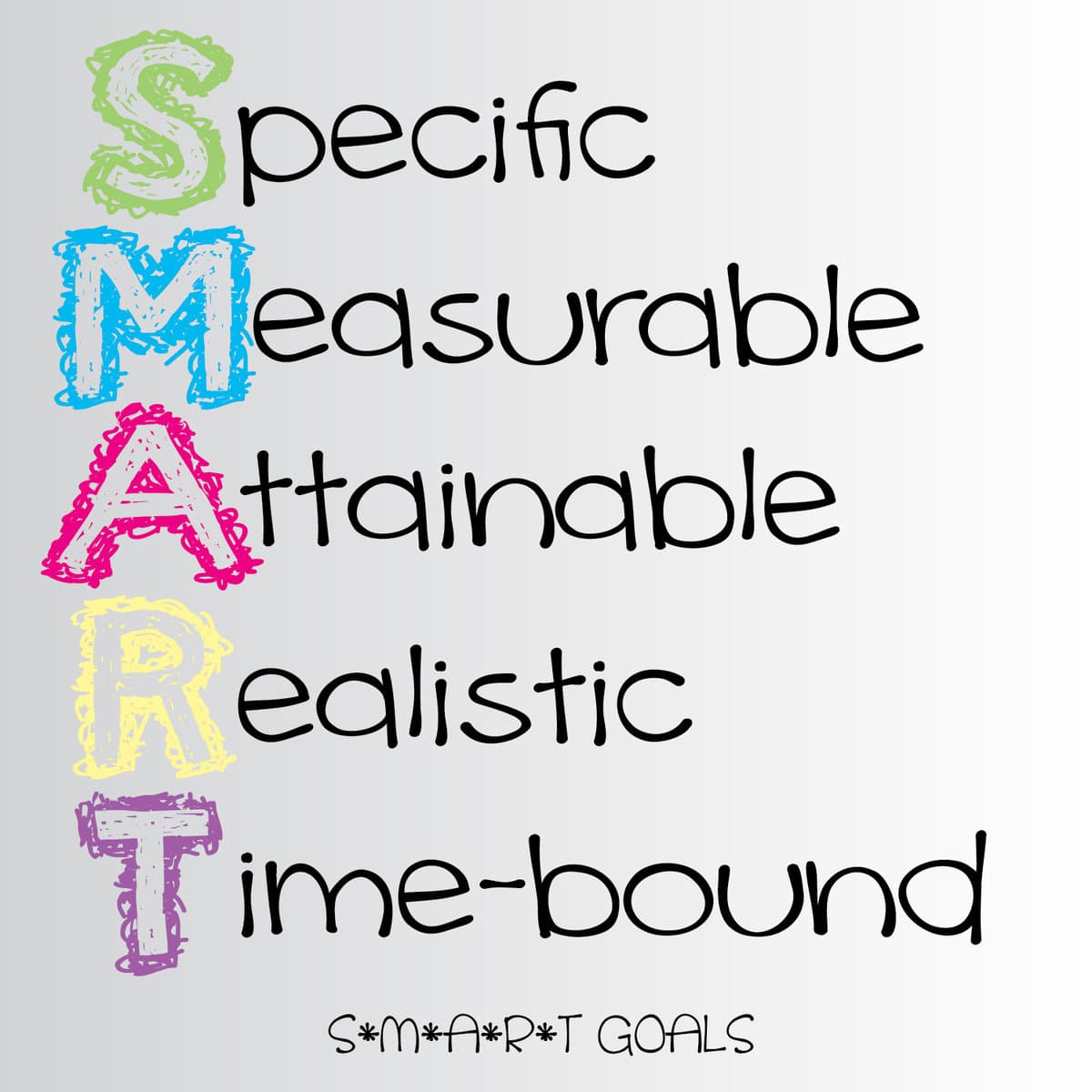Coral is far more red than her lips' red; (nobody's lips are as red as coral)
If snow be white, why then her breasts are dun;
If hairs be wires, black wires grow on her head.
I have seen roses damask'd, red and white,
But no such roses see I in her cheeks;
And in some perfumes is there more delight (she doesn't smell amazing, there are more pleasant smells)Than in the breath that from my mistress reeks.
I love to hear her speak, yet well I know
That music hath a far more pleasing sound;
I grant I never saw a goddess go;
My mistress, when she walks, treads on the ground:
And yet, by heaven, I think my love as rare (shift)As any she belied with false compare.
This is a Shakespearean Sonnet.
Petrarchan:
- flawless beauty
-lovers are seen as larger than life
Shakespearean
-nobody is flawless
-as humans we all have flaws, she is not a perfect, larger-than-life figure
-lover has flaws
-narrator loves her because of her flaws
Discussion points:
-Love is knowing someone down to their core, loving them not only at their best but also at their worst
-example) at prom every look amazing, they spend time and money to look their best yet there are people who are just as beautiful in their "sunday best" (#iwokeuplikethis) when they have just woken up
-you can love someone yet you may not feel the same way after spending time with them



